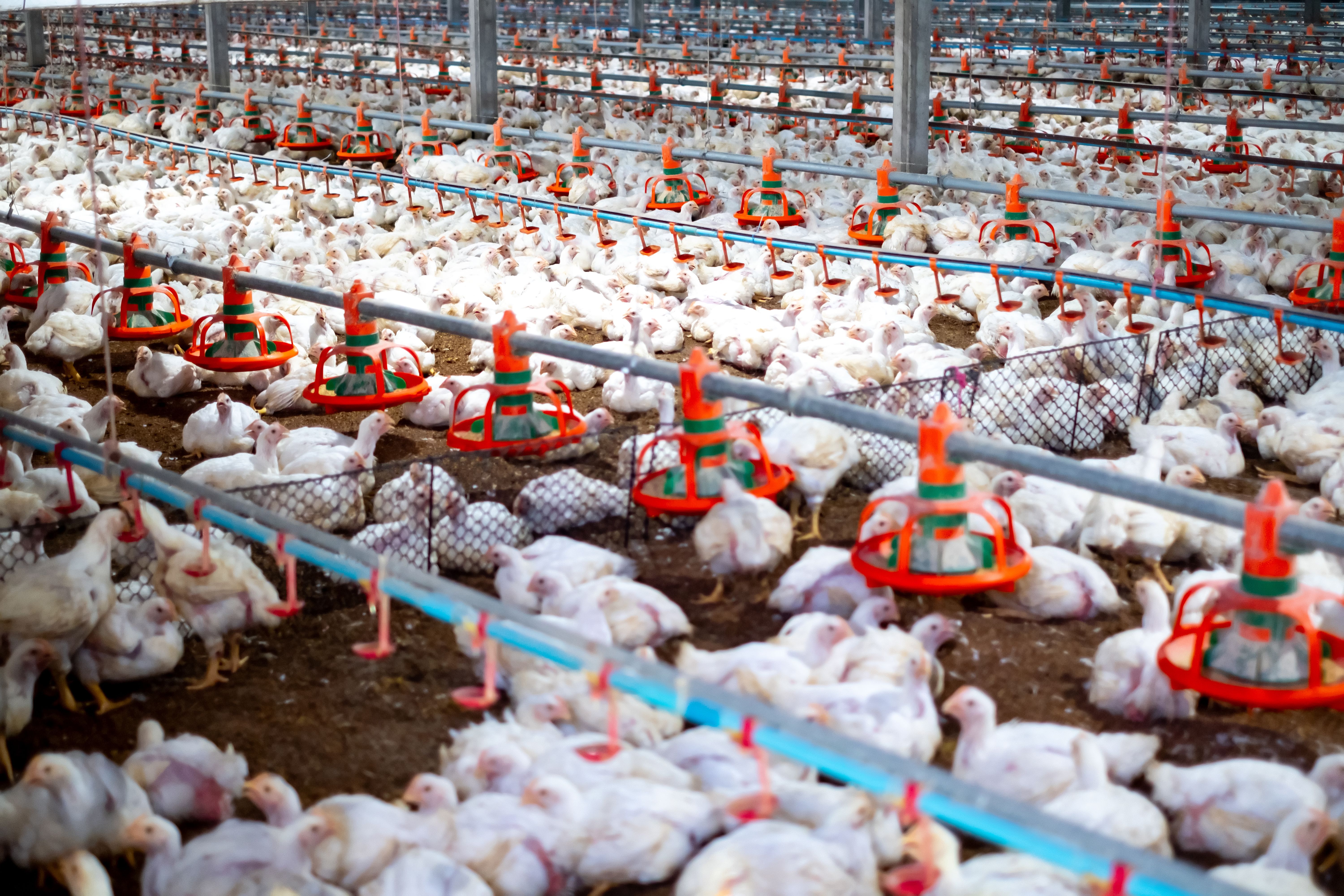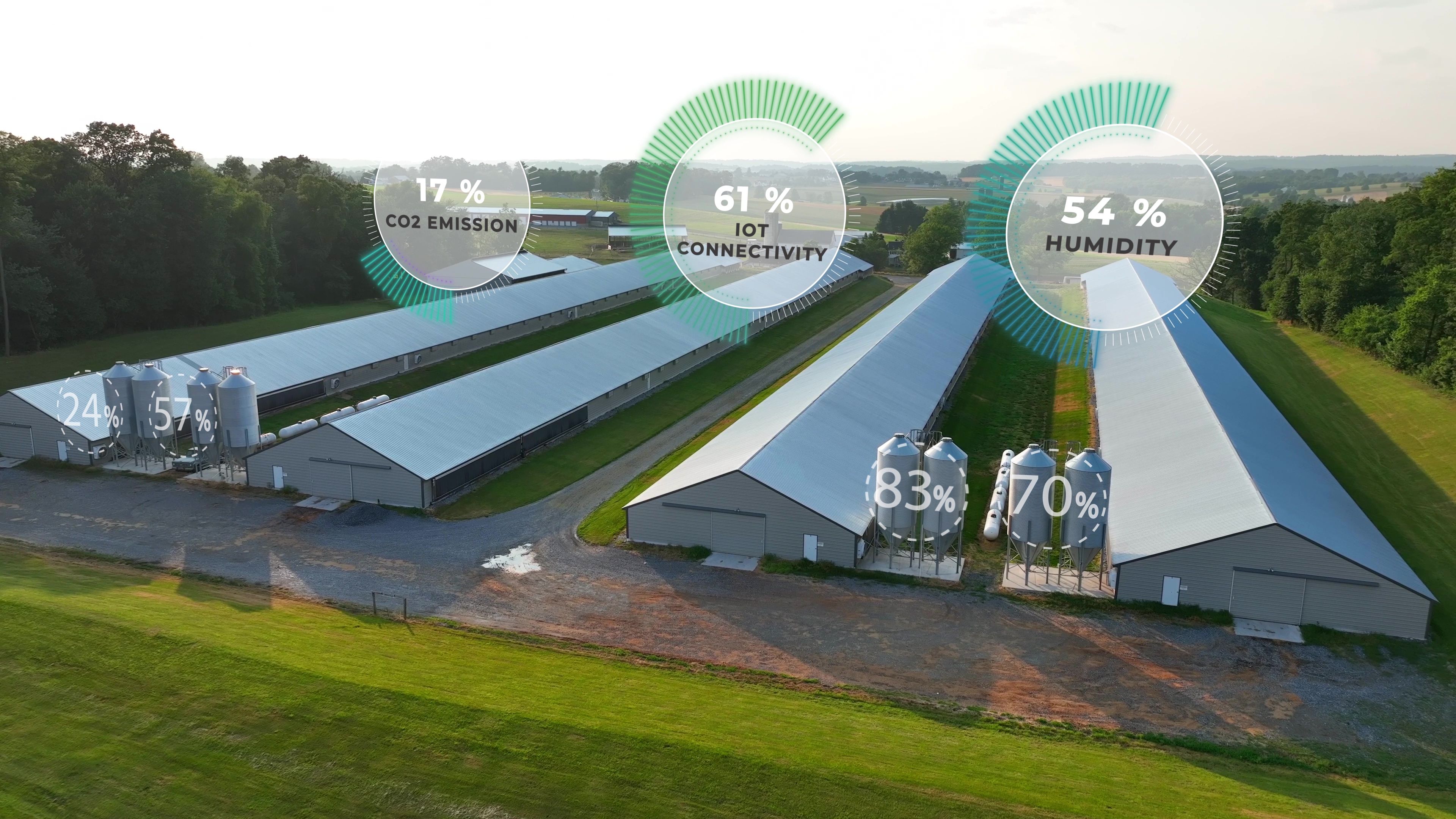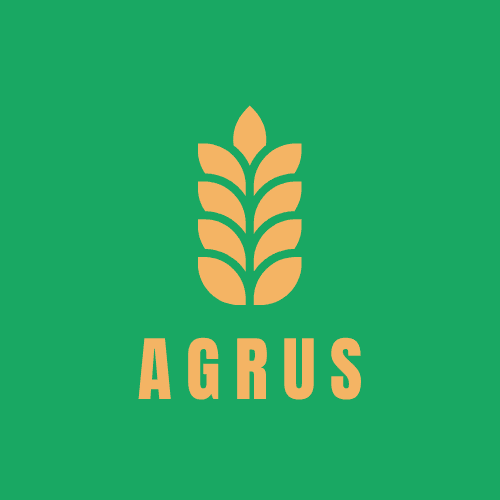Enhancing the Poultry Sector in Nigeria and Africa
The Current State of the Poultry Sector in Africa
The poultry sector in Africa, particularly in Nigeria, has been witnessing a steady growth over the past few years. However, challenges such as inadequate infrastructure, high feed costs, and limited access to financing remain significant barriers to its full potential. The sector plays a crucial role in food security and employment, making its enhancement vital for economic development.
In Nigeria, poultry farming is a major contributor to the agricultural GDP. Despite this, the industry still relies heavily on imports to meet local demand, emphasizing the need for strategic interventions to boost local production capabilities.

Innovative Practices for Sustainable Growth
Adopting innovative practices is essential for enhancing the poultry sector. Modern farming techniques such as improved breeding methods, use of technology in farm management, and enhanced biosecurity measures can significantly increase productivity and reduce mortality rates. These practices not only improve efficiency but also ensure that poultry farming remains sustainable in the long run.
Furthermore, integrating technology such as mobile applications for farm management and data analysis can provide farmers with real-time insights into their operations. This allows for better decision-making and resource allocation, ultimately improving overall productivity.

Addressing Feed Costs and Supply Chain Issues
One of the most pressing issues faced by poultry farmers is the high cost of feed, which constitutes about 70% of total production costs. To address this, there needs to be a focus on developing alternative feed sources and improving local feed production. Encouraging research into cost-effective feed ingredients that do not compromise nutritional quality can have a positive impact on profitability.
Improving supply chain logistics is also crucial. Ensuring a smooth supply of feed and other essential inputs can help stabilize prices and provide farmers with a more predictable farming environment. This requires investing in infrastructure and creating efficient distribution networks.

Policy and Financial Support
Government policies play a pivotal role in shaping the poultry sector. Implementing favorable policies that support local production can drive growth. This includes tax incentives for poultry farmers, subsidies on equipment, and investments in research and development.
Access to finance remains a barrier for many small and medium-sized poultry farmers. Establishing financial programs that offer low-interest loans or grants can empower these farmers to expand their operations and invest in better technologies. Collaborating with financial institutions to tailor products specifically for the agricultural sector can further facilitate this process.

Training and Capacity Building
Enhancing the skills of those involved in the poultry sector is essential for long-term success. Providing training programs focused on modern farming techniques, business management, and animal health can empower farmers to improve their practices. These programs should be accessible and tailored to meet the needs of different regions within Africa.
Partnerships with educational institutions and international organizations can facilitate knowledge transfer and bring global best practices to local contexts. Building a knowledgeable workforce will not only enhance productivity but also attract younger generations to the agriculture sector.
